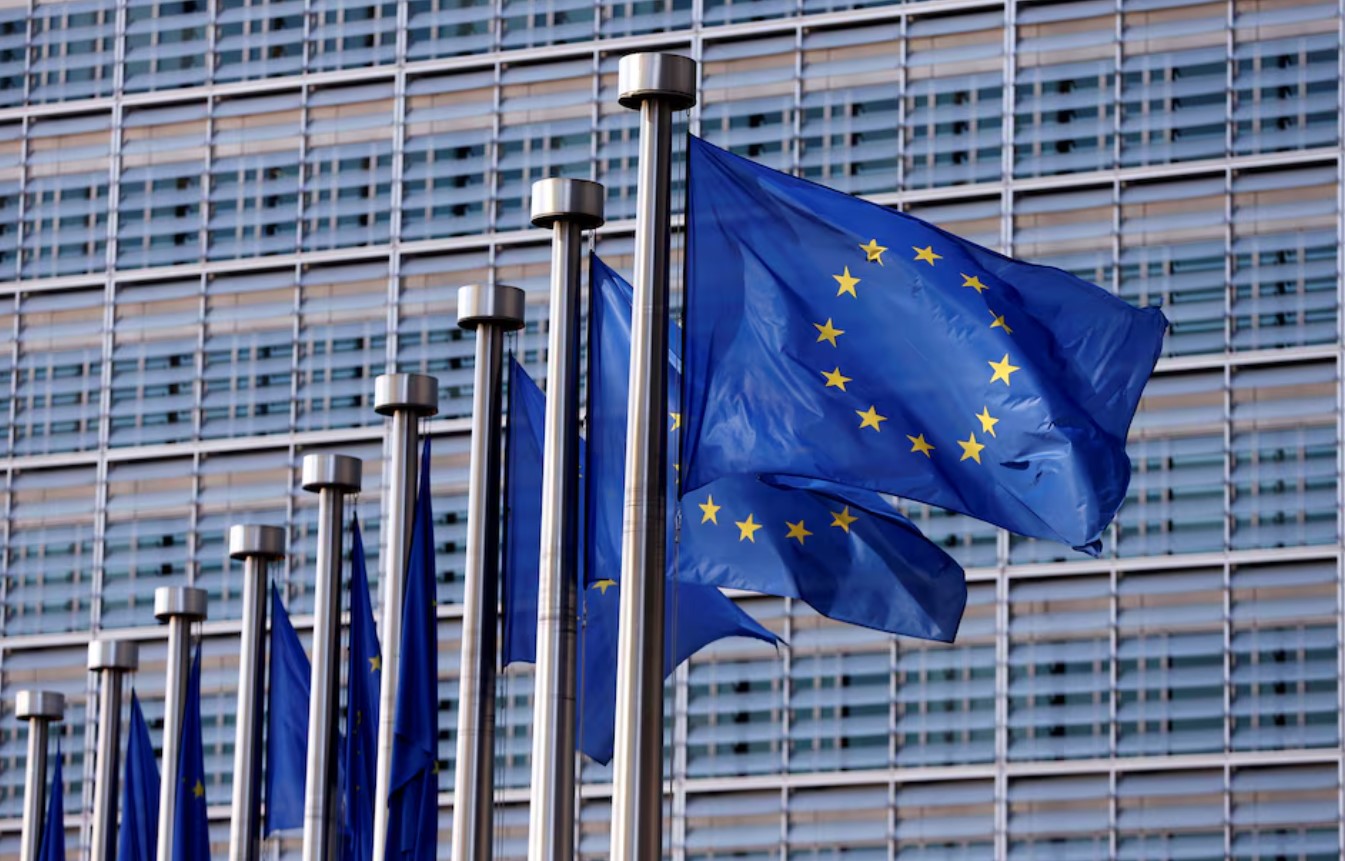Cyprus’ six-month term as the holder of the Council of the European Union’s rotating presidency will focus on plans to enlarge the EU, according to a draft programme for the term seen by the Cyprus Mail on Thursday.
“Enlargement is a geopolitical investment and a necessity in preserving peace, security and stability of our continent and beyond. It is also a driver for improving the economic and social conditions of our union and its citizens, through the expansion and strengthening of the internal market,” the programme states.
It adds that “an enlarged union will be stronger and more prosperous, fostering the values and principles upon which it is founded, including democracy, rule of law and respect for human rights”.
As such, it says, Cyprus will during its six-month term “take forward the enlargement agenda, in line with the established methodology, fair and rigorous conditionality, as well as the principle of own merits and reversibility”.
“The aim … is to make further solid progress in the enlargement progress of both the western Balkan and eastern candidate countries, supporting and encouraging their commitment and active engagement for EU integration, through reforms and tangible progress on the fundamentals,” it says.
There are ten countries outside the EU which have applied to join the bloc, of which six – Albania, Moldova, Montenegro, North Macedonia, Serbia, and Ukraine – are currently negotiating candidates.
Bosnia and Herzegovina and Georgia are candidates which are yet to commence negotiations, with Georgia having suspended its application process. Turkey’s negotiations have been frozen since 2016, while Kosovo, which the Republic of Cyprus does not recognise, applied to join the EU in 2022 but has not yet been designated a candidate.
Cyprus’ draft programme made specific reference to Turkey, writing that the country “remains a candidate country” and that “its relations with the EU will continue being assessed within the framework established by the European Council in April 2024”.
In April 2024, the European Council had stated that work to build relations between the EU and Turkey would be carried out “in a phased, proportionate and reversible manner”, with “particular importance” being placed on “the resumption of and progress in the Cyprus settlement talks”.
Returning to the matter of enlargement at large, the programme says Cyprus will “continue the work of previous presidencies on the EU’s internal reforms, aiming to ensure that EU policies, finances, and institutions are fit for the future”.
In a later section, the programme outlines specifics regarding the western Balkans, stating that “the strategic importance of the western Balkan region is indisputable, in light of a new geopolitical environment and changed dynamics in Europe”.
Cyprus, therefore, will according to the programme “look to enhance the EU’s role and visibility in the western Balkans, as we continue to work closely with our transatlantic partners to increase the region’s resilience vis-à-vis the influence of third actors”.
“The enlargement policy is one of the most effective tools of the EU to this end and a geostrategic investment in peace, security, and stability,” it says.
The programme also refers to the United Kingdom, saying that the country “remains a key trading and like-minded partner of the EU in addressing a wide array of pressing security and geopolitical challenges”.
To this end, it says Cyprus will “work to further enhance” the relationship between the EU and the UK.
On the matter of the economy, the programme outlines Cyprus’ plans regarding the multiannual financial framework – the EU’s budget for the period covering the years between 2028 and 2034.
It says Cyprus is “committed to ensuring” that the multiannual financial framework “reflects the union’s strategic priorities, addressing both new and emerging as well as longstanding needs across the EU”.
“The new EU budget must be responsive to the current geopolitical landscape, including ongoing conflicts and economic uncertainties, while delivering solidarity, fairness, and tangible improvements in the quality of life for all EU citizens,” it says.
It adds that “an agreement for the EU budget must balance member states’ fiscal constraints and economic challenges with the imperative to drive sustainable growth and resilience across the union”.
Additionally, the programme refers to defence plans, saying that Cyprus will “prioritise strengthening the EU’s ability to respond” considering “rising threats and security challenges in Europe’s neighbourhood and beyond”.
“Particular focus will be placed on supporting defence industries … engaged in research and innovation,” it states, adding that Cyprus will also “strive to support initiatives aimed at increasing EU investment in defence infrastructure, with an emphasis on securing the necessary know-how”.
It also states that Cyprus will “aim to strengthen cooperation between the EU and Nato, ensuring that it continues to be carried out in an inclusive, reciprocal, transparent, and mutually beneficial manner across all levels”.
“Relations with partners across the Atlantic remain a cornerstone of European security. In this context, [Cyprus] will prioritise greater transparency and coherence in transatlantic engagement, reinforcing the commitment of the member states to deepen cooperation with like-minded partners,” it says.
The programme also outlines plans for the issues of migration and asylum, stating that the implementation of the EU’s pact on migration, which will begin to be enacted during the first half of next year.
It says that Cyprus aims to conclude negotiations between EU member states regarding the EU’s new returns regulation and also plans to establish “a more efficient and coherent European system” on the matter.






Click here to change your cookie preferences